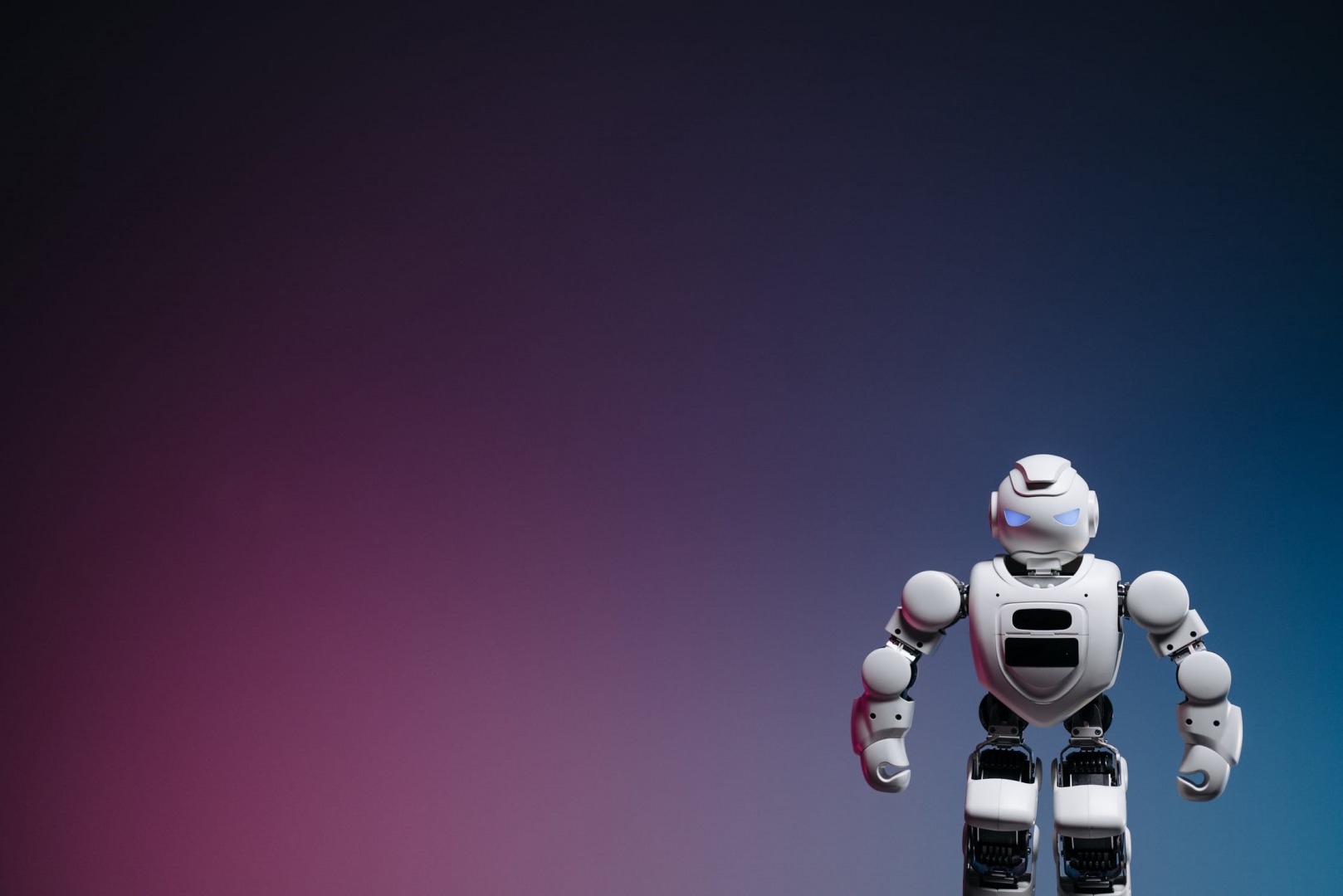Comments
- No comments found

From factories to home, robots are becoming more and more part of our lives.
The nature of our relationships with robots is growing as fast as the technology itself. But something very funny, even odd happened to me when I was watching an amazing video of one of Boston Dynamics' robots named Spot. It started with this fellow's name—Spot. It initiated a wide variety of emotions that quickly began an attachment with this bag of bolts. I wanted to engage, pet, even play with it...or should I say him?
But let's start with the video.The motion, grace and accomplishments of Spot are amazing. And even the musicality of the walk and trot find a place in my mind and emotions. But of all the interesting steps and maneuvers, there was one 'spot' in the video that caught me off guard and conjured unexpected emotions. It comes at about 0:29 when the operator—as an example of the robot's agility—kicks Spot.
Oddly, I found it less a demonstration of technology and more so an expression of cruelty.
And while it certainly isn't, I still found these feelings odd and unexpected—should I really care about this mechanical dog? As I watched more of the video, my attachment grew and I found the critical moment at 0:30 to be even more emotionally resonant. I thought to myself, I want one. And I need to protect it too.
Now the reality is that robot relationships are nothing new. From movies to brothels, they are taking their place in our world. The connection between our synapses and their electrons might be a bit closer than we expect and our evolving relationship with them will grow and even blur. And the blur is exactly where Spot lives and our relationship emerges. Don't believe me? Go and watch the video and tell me that Spot didn't (for a brief moment) become that cute little puppy that you so desire to take home.
The world is changing. And sooner than later you might just be asking, 'how much is that robot in the window?"
John is the #1 global influencer in digital health and generally regarded as one of the top global strategic and creative thinkers in this important and expanding area. He is also one the most popular speakers around the globe presenting his vibrant and insightful perspective on the future of health innovation. His focus is on guiding companies, NGOs, and governments through the dynamics of exponential change in the health / tech marketplaces. He is also a member of the Google Health Advisory Board, pens HEALTH CRITICAL for Forbes--a top global blog on health & technology and THE DIGITAL SELF for Psychology Today—a leading blog focused on the digital transformation of humanity. He is also on the faculty of Exponential Medicine. John has an established reputation as a vocal advocate for strategic thinking and creativity. He has built his career on the “science of advertising,” a process where strategy and creativity work together for superior marketing. He has also been recognized for his ability to translate difficult medical and scientific concepts into material that can be more easily communicated to consumers, clinicians and scientists. Additionally, John has distinguished himself as a scientific thinker. Earlier in his career, John was a research associate at Harvard Medical School and has co-authored several papers with global thought-leaders in the field of cardiovascular physiology with a focus on acute myocardial infarction, ventricular arrhythmias and sudden cardiac death.
Leave your comments
Post comment as a guest